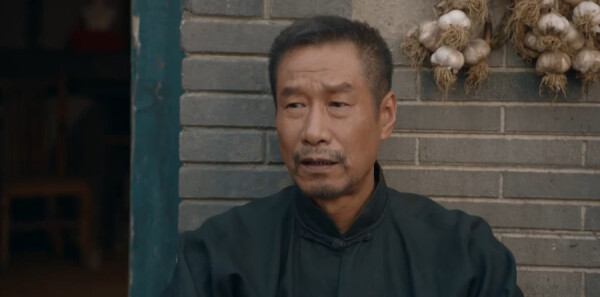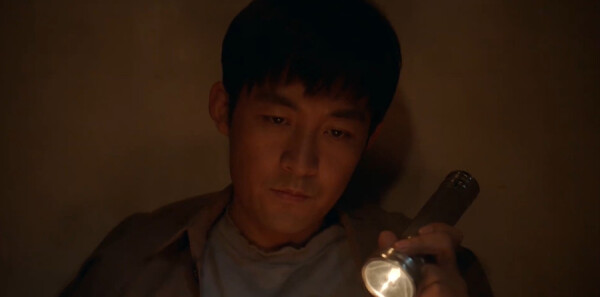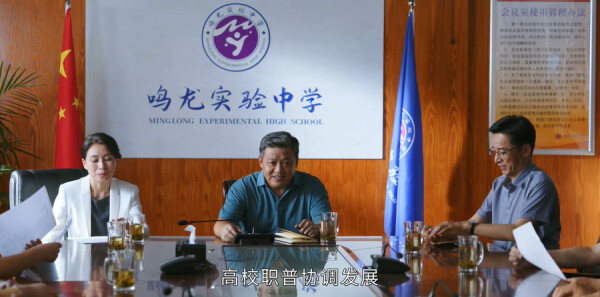The Effective Executive《The Effective Executive》
- 书评
- 2023-03-26 15:38:59
- 100
After reading the final chapter ”conclusion: effectiveness must be learned” the main idea of this book is quite clear. As Drucker concluded effectiveness can be and must be learned. Because the economy society organizations and knowledge worker themselves all badly need to be effective. Drucker told us how to be effective step by step chapter by chapter.
The first step toward effectiveness is a procedure called recording where the time goes. Know the time first then ***ysis the time cut those unnecessary things for the sake of the scarcity of a resource namely time. The next thing need to concern is whether executives are contribution-oriented. After all it is contribution that makes their names on the payroll. So they need to think about their own goals and those of the organizations. The most valuable part of this book is making strengths productive while making weakness irrelative. What a brilliant idea. Chapter 5 told us to do first thing first. It’s similar to know the time but this time it doesn’t deal with time but the task we need to finish. I learned that it’s better to do one thing at a time. Finally Drucker showed the elements of a decision and how to make an effective decision.
It’s the second time I read this book only this time it’s in English. This book is easy to understand but hard to practice. I tried to record my time twice but met difficulties to continue and ***ysis my time usage. I’m trying to only make my strength stronger and productive but it’s impossible to just ignore my weakness it always bothering me. I think we to finish tasks one by one but it is impossible for us to give up other assignment. My time lapse away quietly. Making decision is now an instinct in my head and it will not fellow the procedure suggested by the author. So just like Druck said it is “learning through doing” and self-development through practice.
In my opinion most of his idea is valuable but there is some idea out of date. After all this book is written in 1967. The meaning of employee is changed as well as the way we do business. For example we can see he is very much contribution oriented but now days relationship between boss and employee is equally important. We can say we are focusing more and more on long term contribution. So my personal suggestion is to keep this book as a guidebook but use it wisely.
As usual here is some quotation I’d like to share.
1. The truly important events on the outside are not the trends. They are change in the trends.
2. There is no “effective personality”… all they have in common is the ability to get things done.
3. Effectiveness in other words is a habit; that is a complex of practices.
4. They knowledge worker must be focused on the results.
5. Actually all one has to do is to learn to say “no” if an activity contributes nothing to one’s own organization to oneself or the organization for which it is to be performed.
6. Getting rid of anything that can be done by somebody else so that they can really get to one’s own work.
7. A well-managed factory is boring. Nothing exciting happens in it because the crises have been anticipated and have been converted into routine.
8. Meeting therefore need to be purposefully directed.
9. “I have yet to come across a crisis which could not wait ninety minutes.”
10. He knows that he needs large chunks of time and that small driblets are no time at all.
11. What can I contribute?
12. What contribution from me do you require to make your contribution to the organization?
13. Warm feeling and pleasant words are meaningless are indeed a false front for wretched attitudes if there is no achievement in what is after all a work-focused and task-focused relationship.
14. Communications are practically impossible if they are ba
15. Effective executives insist that the purpose be thought through and spelled out before a meeting is called a report asked for or a presentation organized.
16. Strong people always have strong weakness too. Where there are peaks there are valleys.
17. It is written on Andrew Carnegie’s tombstone” Here lies a man who know how to bring into his service men better than he was himself.”
18. In an organization one can make his strength effective and his weakness irrelevant.
19. One implication is that men who build first-class executive teams are not usually close to their immediate colleagues and subordinates.
20. It is effective executive’s capacity to make common people achieve uncommom performance.
21. One can do in school is to show promise.
22. Every people-decision is a gamble. By basing it on what a man can do it becomes at least a rational gamble.
23. Weakness only produces headaches—and absence of weakness produces nothing.
24. If there is any one “secret” of effectiveness it is concentration. Effective executives do first things first and they do one thing at a time.
25. For doing one thing at a time means doing it fast.
26. The unexpected always happens—the unexpected is indeed the only thing one can confidently expect.
27. There is no lack of ideas in any organization I know.
28. Timing is the most important element in the success of any effort.
29. Achievement depends less on ability in doing research than on the courage to go after opportunity.
30. One can organize the future to compete with the present.
31. A country with many laws is a country of incompetent lawyers.
32. “Half a loaf is better than no bread.””half a baby is worse than no baby at all.”
33. Reality never stands still very long.
34. The first rule in decision-making is that one does not make a decision unless there is disagreement.
35. “A blind Venetian’s isn’t the same thing as “a Venetian blind”.
36. Most people start out with the certainty that what they see is the only way to see at all.
37. The effective decision-maker starts out with the commitment to find out why people disagree.
38. Computer cars out predetermined reactions to expected events.
39. Effectiveness can be learned. Effectiveness must be learned. I TRUST.
本文由作者笔名:小小评论家 于 2023-03-26 15:38:59发表在本站,文章来源于网络,内容仅供娱乐参考,不能盲信。
本文链接: http://www.w2mh.com/show/58232.html
 小小评论家
小小评论家






















